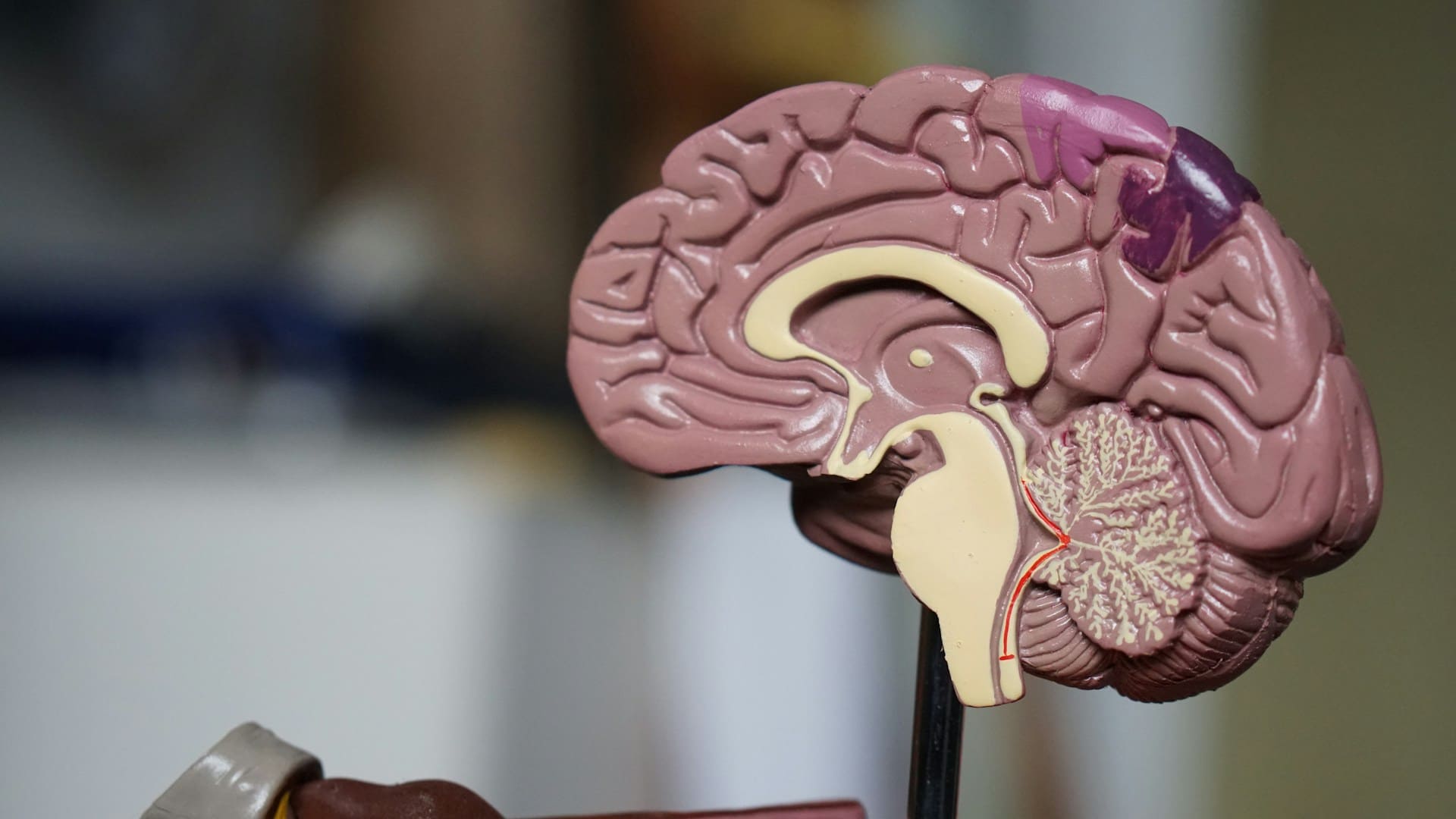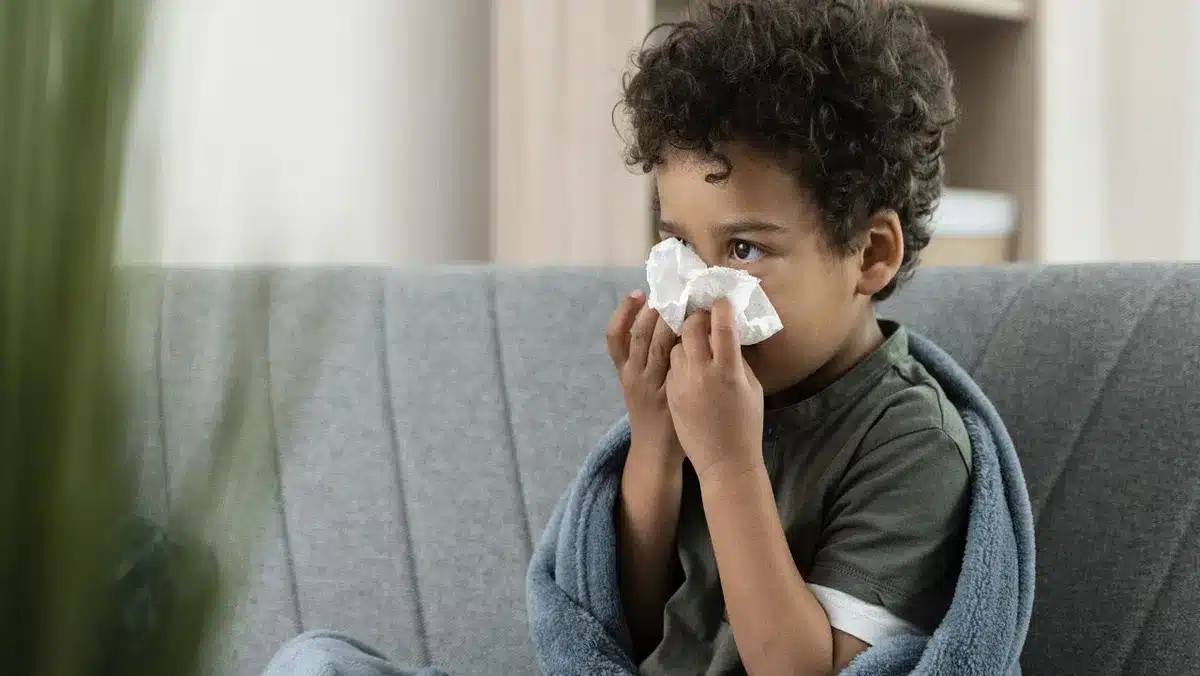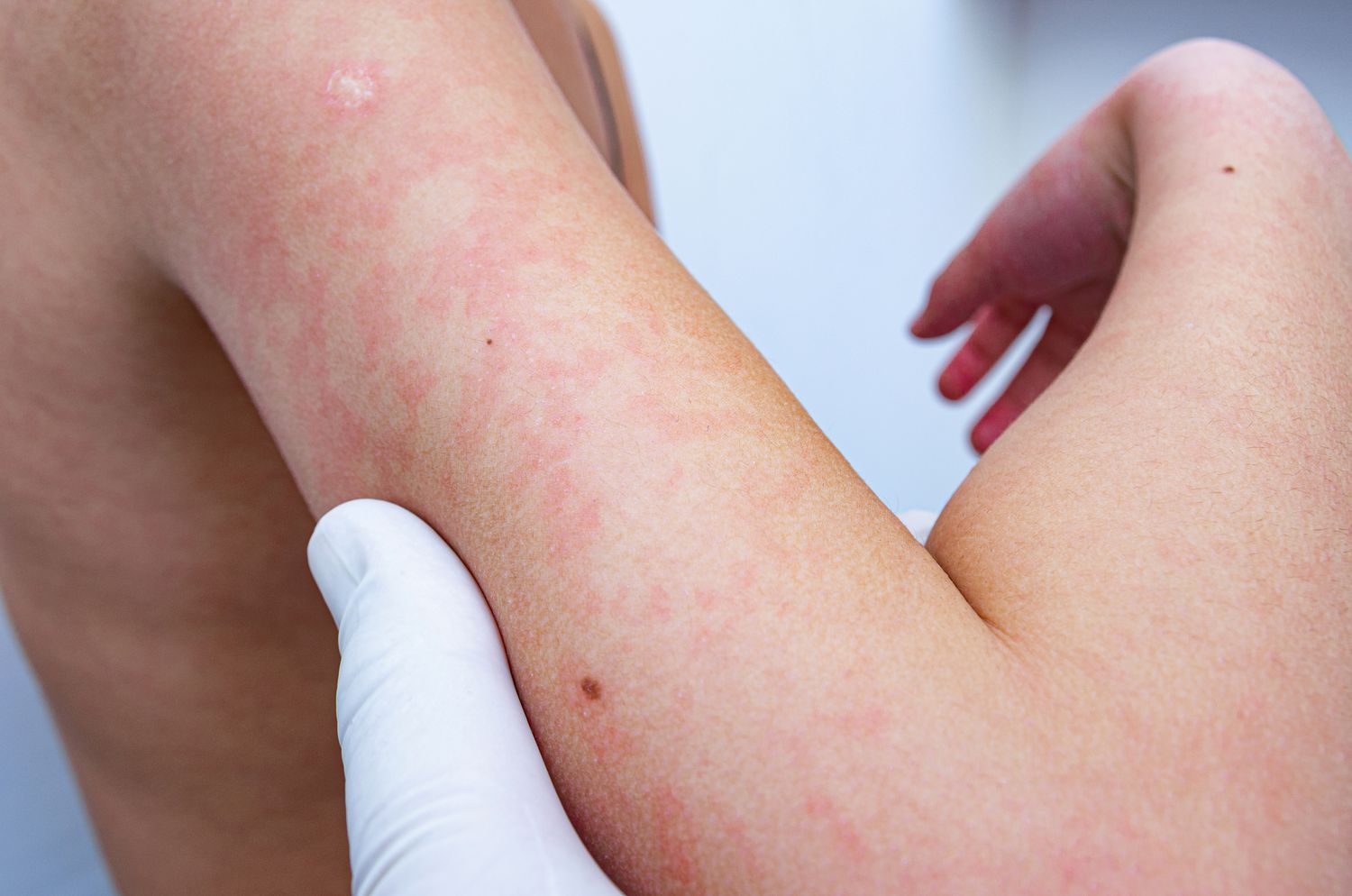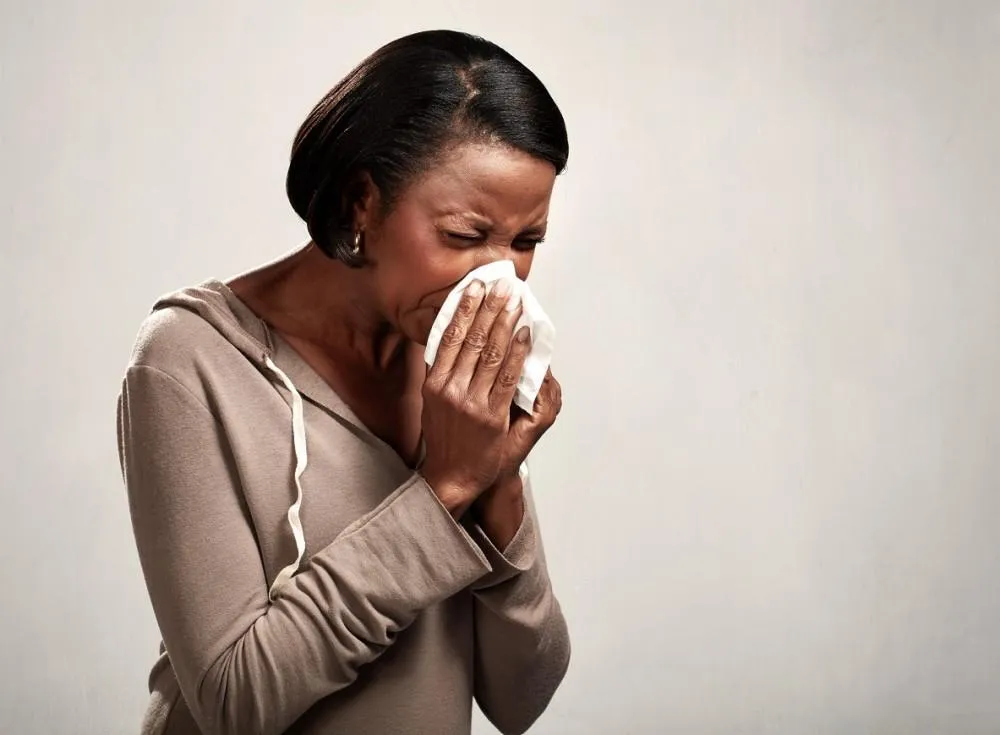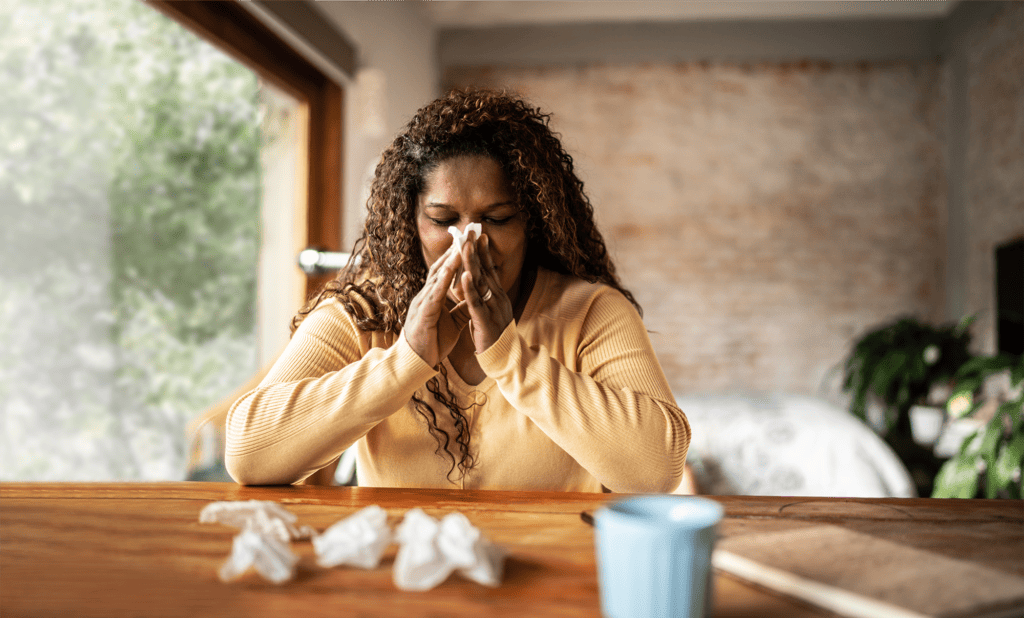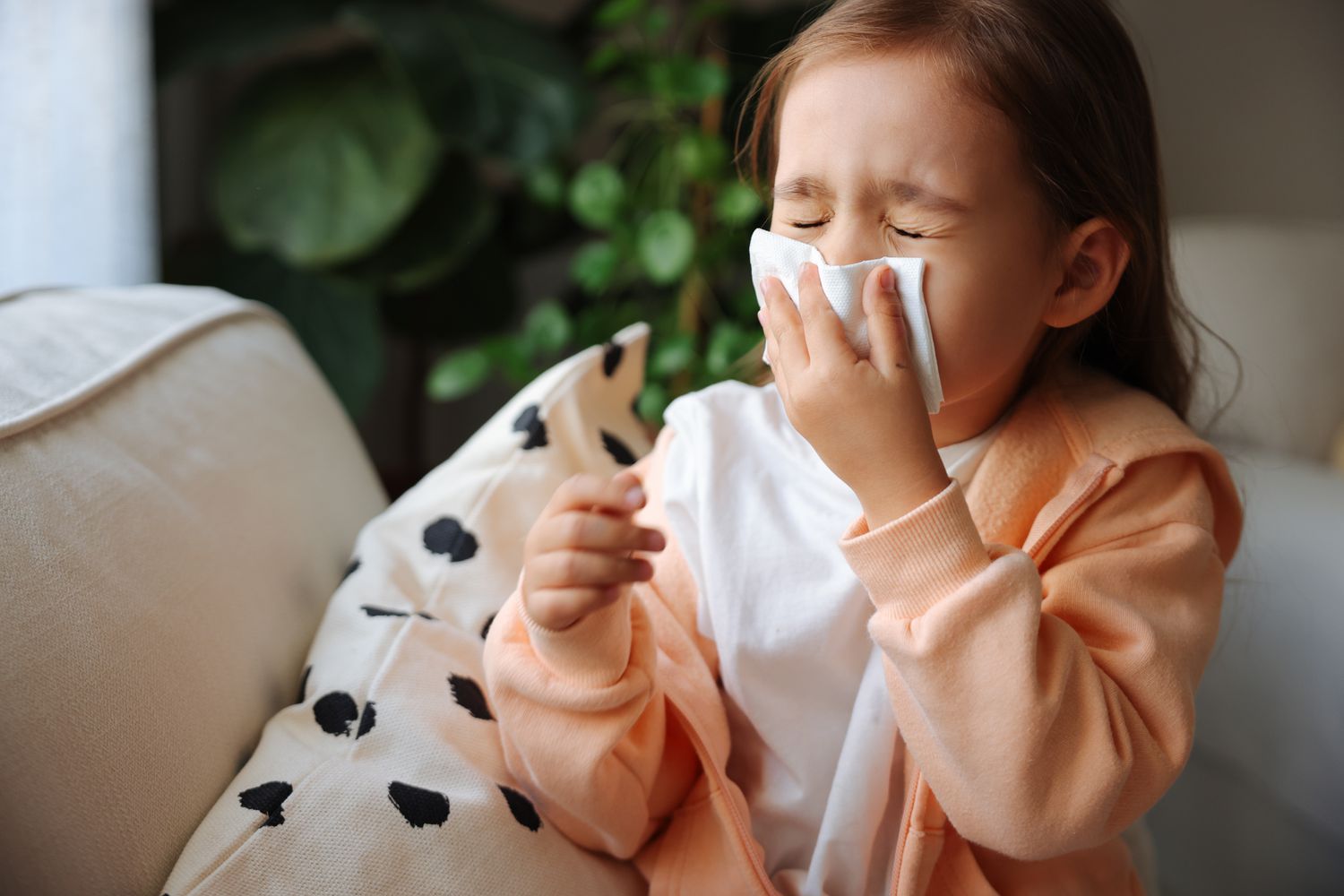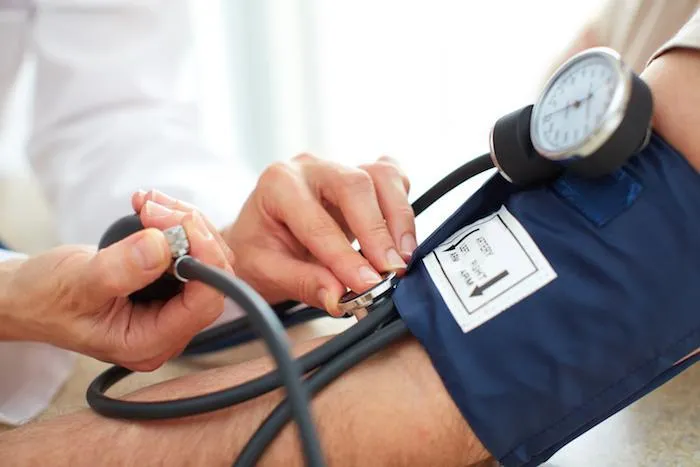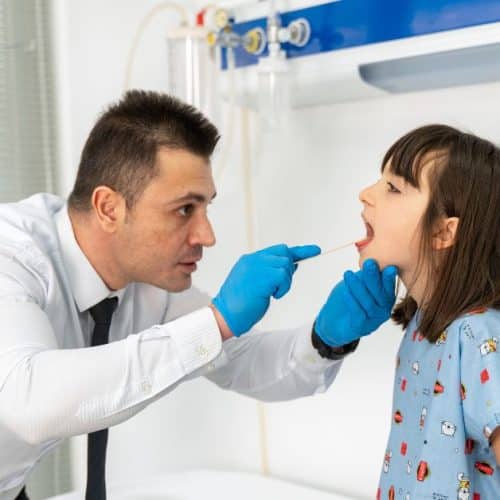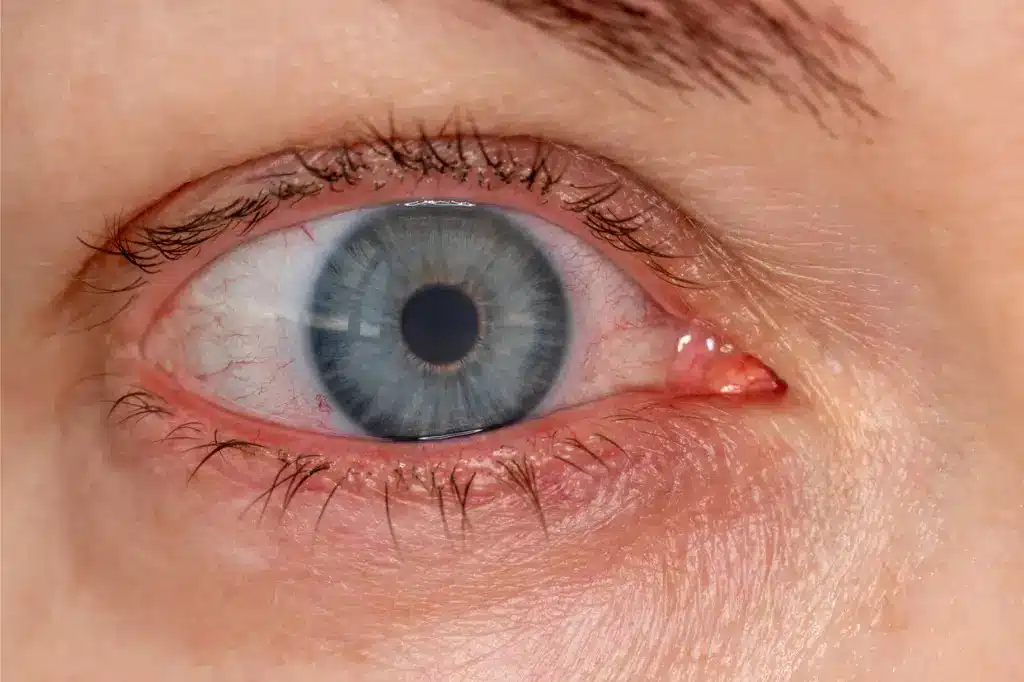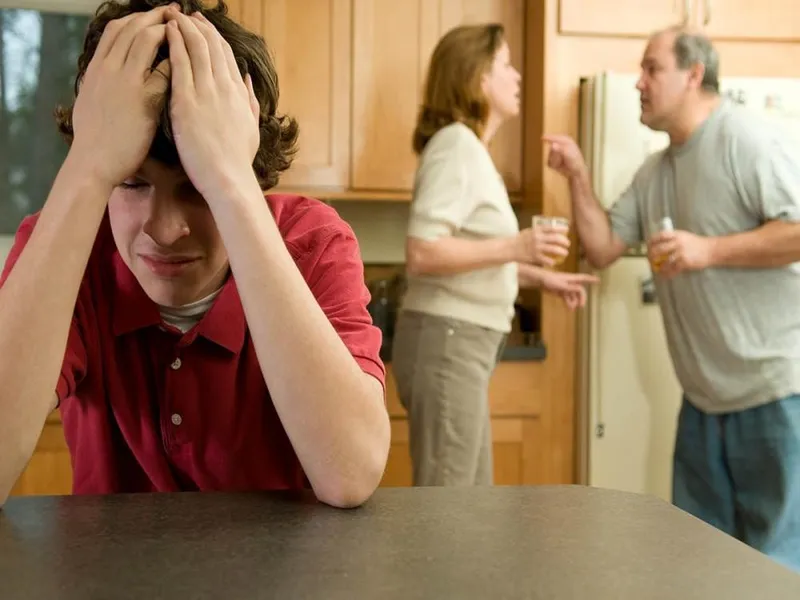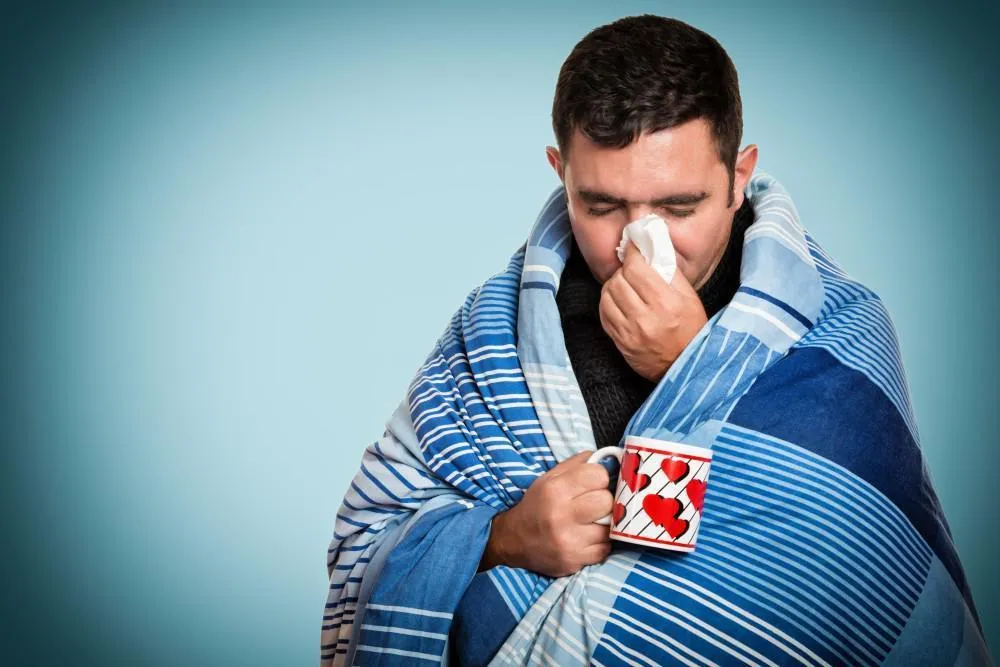How Can You Ease Back-to-School Anxiety and Stress?

The beginning of the school year usually brings joy to school children. Many of them have missed school for six weeks and are looking forward to meeting their classmates.
But at the same time, many children have increased back-to-school anxiety and stress (especially those who are transitioning to middle school, changing grades, or changing schools). How to help a child with anxiety about school?
Reasons Kids Might Be Stressed or Anxious
Children may experience back-to-school stress for various reasons, including COVID-related concerns and issues related to friends and bullies. Separation anxiety is common among younger children who may struggle with being away from their parents or caregivers. Academic pressure, such as fear of failure or difficulty understanding the material, can also contribute to preschool anxiety. Transitioning to a new school or grade level, family issues such as parental conflict or illness, and health concerns like test anxiety or physical symptoms can also impact a child’s emotional well-being before school.
COVID-Related
Can COVID-19 make depression worse? The COVID-19 pandemic has disrupted normal routines, causing uncertainty and fears about health, safety, and the future. Additionally, social distancing measures and remote learning may lead to feelings of isolation and loneliness. Concerns about contracting the virus or the health of loved ones can also contribute to anxiety.
Friends, Bullies Related
Furthermore, interactions with friends and peers, as well as experiences with bullies, can impact children’s emotional well-being and increase school stress. Friendship conflicts, social rejection, or bullying can lead to feelings of insecurity, low self-esteem, and social anxiety. Parents, educators, and caregivers need to provide support and resources to help children cope with these stressors and build resilience.
Signs Your Child is Struggling with Stress and Anxiety
It can be difficult to recognize the symptoms of back-to-school anxiety: children can be good at suppressing their stress; they don’t always recognize the problem; and they don’t always ask for help. This can mask the external signs but does not address the internal difficulties. Some signs anxiety is out of control may include: persistent physical symptoms, severe disruptions in daily functioning, and overwhelming feelings of panic and distress.
Back-to-school stress can directly affect academic performance. Anxiety can also affect the physical state. Over time, the child may complain more and more often about various pains and overall poor health. It will be essential that action is taken to help the child navigate their anxiety and work through their symptoms.
Symptoms of school stress come in many forms – physical, emotional or behavioral.
Physical symptoms may include:
- abdominal pain;
- headache;
- dizziness;
- heart palpitations;
- breathlessness;
- sweating.
Emotional symptoms may include:
- jitteriness;
- excessive anxiety;
- irritability;
- moodiness.
Behavioral symptoms of the first day of school anxiety may include the following signs:
- refusal to go to school and attend classes;
- frequent absences from school;
- tantrums about having to go to school;
- crying fits;
- simulating illness to try to stay home.
If you suspect the appearance of school anxiety, you should take action. You may need professional help to help support your child with the issue.
What is Acculturation Stress?
Acculturation stress before school refers to the psychological and emotional strain experienced by children or adolescents who are transitioning into a new school environment, often due to factors such as moving to a new country or region, changing schools, or entering a new grade level.
This type of stress can arise from the challenges of adapting to unfamiliar social dynamics, academic expectations, language barriers, and cultural norms within the school setting. It may manifest in symptoms such as anxiety, social withdrawal, academic difficulties, and feelings of isolation or homesickness. Acculturation stress before school can significantly impact a student’s well-being and academic performance, highlighting the importance of providing adequate support and resources to facilitate a successful transition.
Understanding how self-care reduces stress is essential for maintaining overall well-being and promoting resilience in daily life.
Tips for Dealing With Stress and Anxiety
How to help a child with school anxiety? There is no universal approach to treating school anxiety, and the best treatment strategy will depend on the severity of symptoms and underlying causes.
Mental health professionals may use a combination of psychotherapy, educational support and medication to treat school anxiety. For this reason, successful treatment of school anxiety often requires a team approach involving the child, their parents or guardians, school staff, and mental health professionals. The therapy session for anxiety disorder provides valuable tools and coping strategies to help manage and alleviate symptoms effectively.
5 tips to manage anxiety before the new school year:
- Take care of your child’s health;
- Provide support;
- Resolve problems that arise;
- Focus on the good things;
- Build a schedule and reward system.
Parents and caregivers should try to avoid overreacting to a child’s anxiety, which can increase it. This may include: avoiding arguments, trying to bribe the child to go to school, or threats.
If a child does not respond well to interventions, a mental health professional may recommend psychotherapy. Prescription drugs are usually prescribed together with psychotherapy for best results.
How to deal with back-to-school anxiety? Do not neglect children’s fears and worries; practice talking to children and teach them to express their thoughts. It can help to explain to your child that it is normal to be nervous and to help empower them with the coping tools and skills to work through their stressors. Seek out professional help to support your child with back-to-school anxiety.
Conclusion
It can be difficult for parents to understand the state of the child and identify school anxiety – and this is normal. However, it is important to be mindful that poor grades, absenteeism, or lack of activity in class are not always due to laziness or bad temperament.
Contact our professionals at All Day Medical Clinic for counseling services to help your child overcome school anxiety. Call us to schedule an appointment. Prioritizing your child’s mental well-being ensures a fulfilling and successful academic journey.


